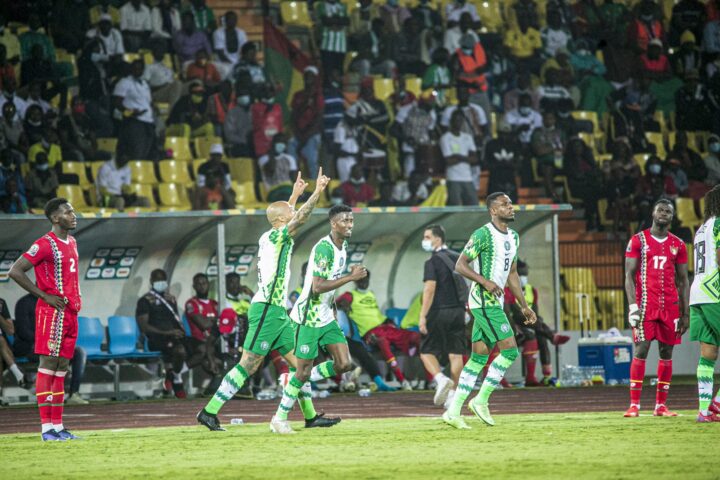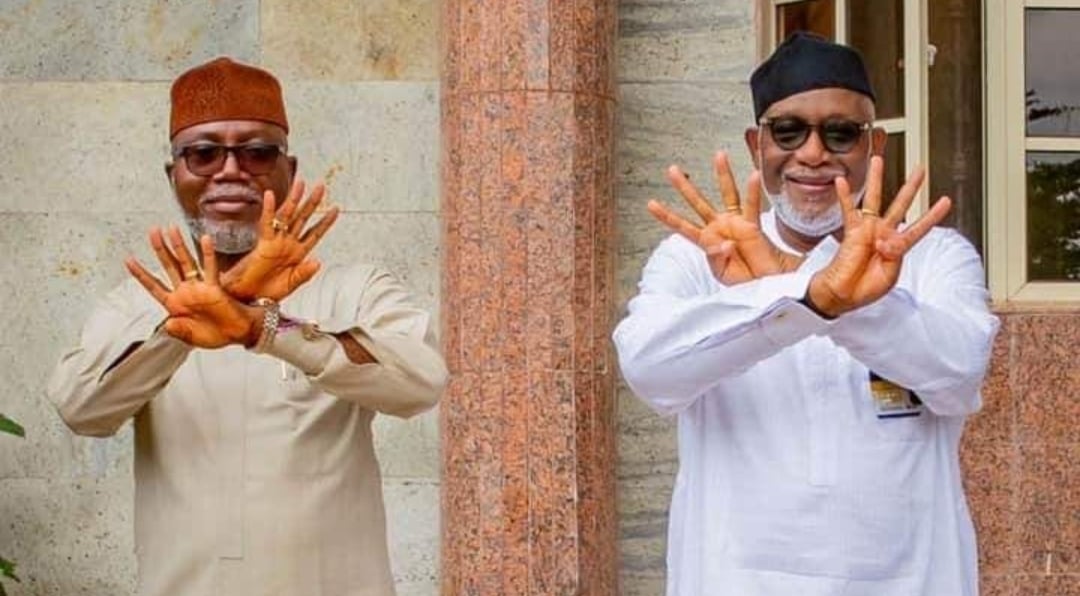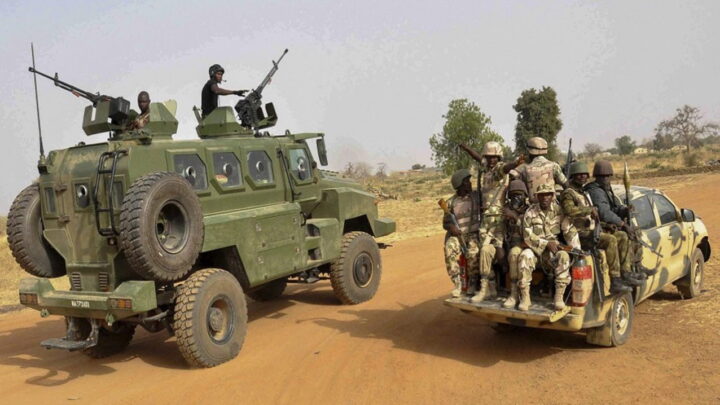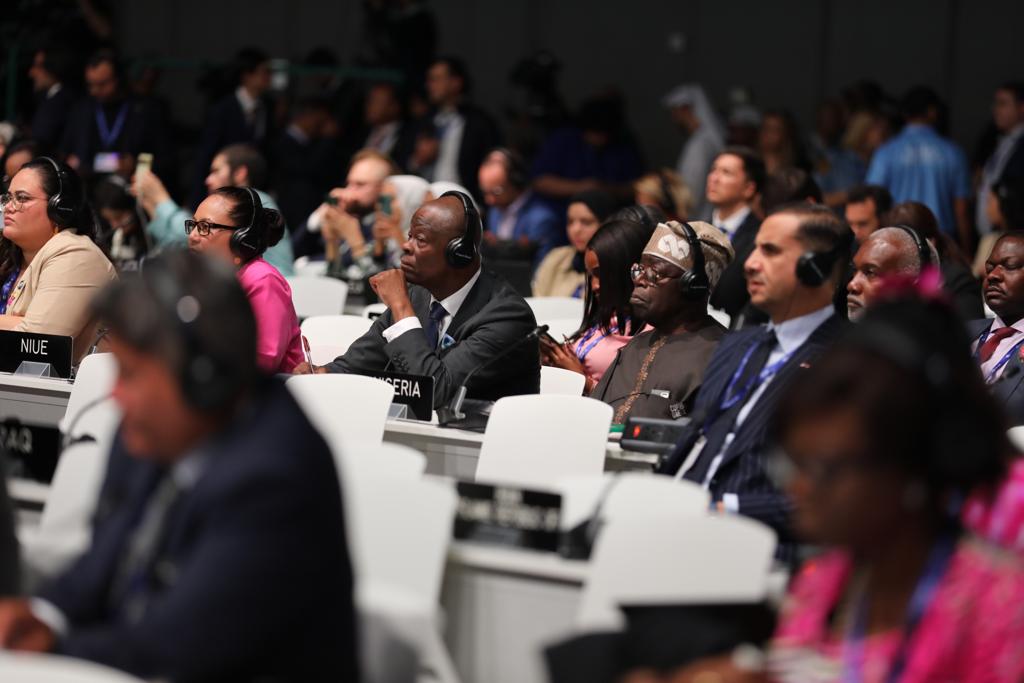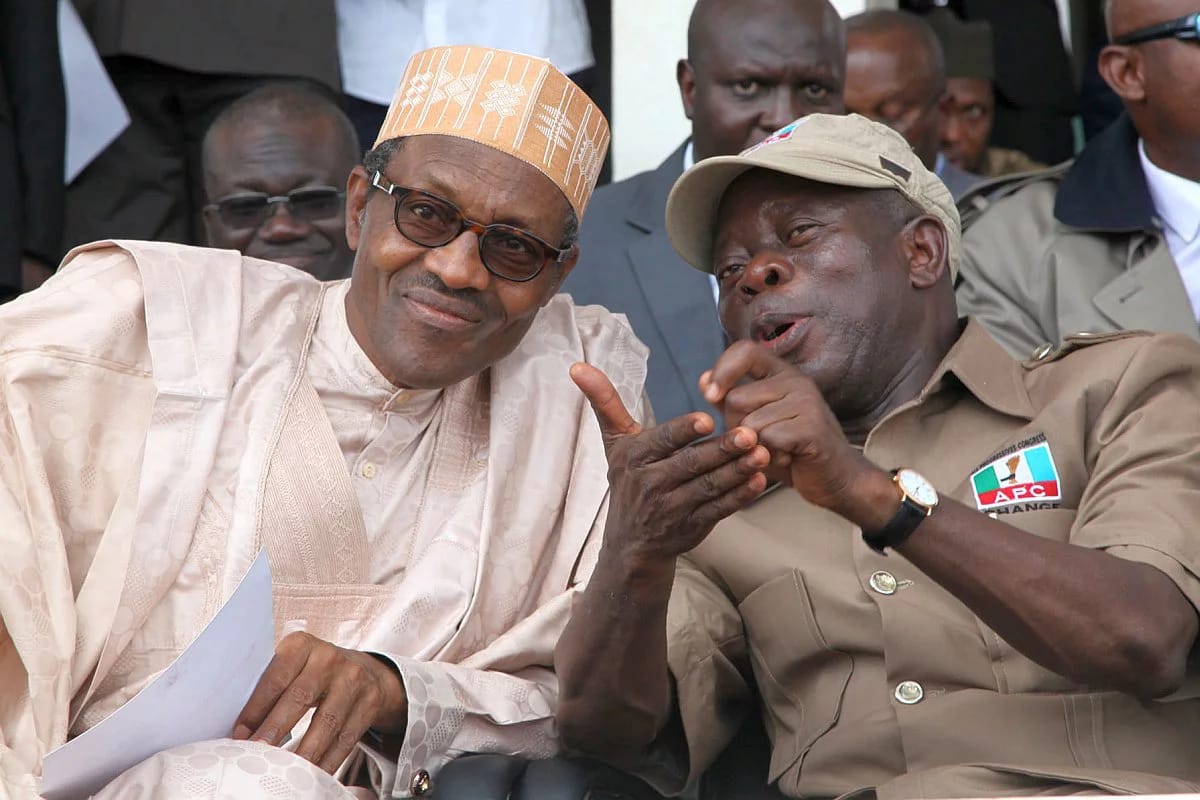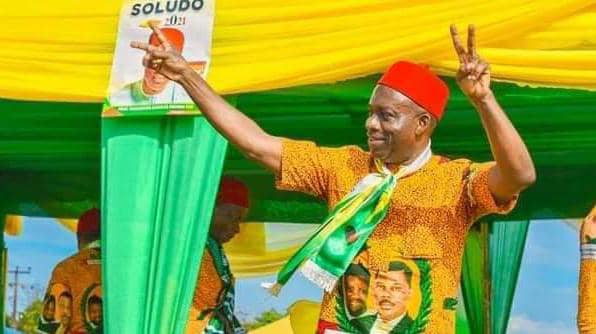The story of Nigeria’s attendance at COP 28 holding in Dubai will not stop making the rounds very soon. How a country with so much hunger, so much bile, and so much poverty in the extreme could take a contingent of 1411 people to a climate programme in a gathering of the global community in Dubai where even the rich countries are frugal at dealing with finances.
Already, it is recriminations upon recriminations, how some superficial but superfluous personalities were taken to a programme where serious discourse takes place and more serious deals are struck to deliver man from the hell that is to come because of the inordinate ability for humanity to endanger nature and create more insane wealth.
Climate Change. They will talk about carbon emission, clean energy, fossil fuels, and humanity will pledge to be of better behaviour and to clean up the mess of previous misdemeanour. The rich will try to grandstand and bluff through a history of undeserving throwback. Climate change.
But there is another meeting holding in Dubai. The ITU World RadioCommunication Conference (WRC-23) is holding in Dubai. The conference, which is addressing the future of space, sea and land-based radio communications, will also seek to update Radio Regulations and allocate scarce radio-frequency spectrum to members.
Advertisement
ITU WRC-23 is a constellation of national government authorities, telecommunications regulatory agencies, representatives of key radio communications users and providers, country representatives, companies and other organisations who have gathered to discuss rules that will ensure the best application of radio waves, set out under an agenda featuring a broad selection of topics put forward at the end of the conference.
For instance, some of the items in WRC-23 agenda include: Identifying additional frequency bands for the continued development of International Mobile Telecommunications (IMT), including the use of high-altitude platform stations as IMT base stations for the universal deployment of wireless networks; Improvements to the international regulatory framework for geostationary orbit (GSO) and non-geostationary orbit (NGSO) satellites while promoting equitable access for all countries; Use of satellite technologies for broadband services to improve connectivity, particularly in remote areas; and New spectrum to enhance radiocommunications in the aeronautical mobile service, including by satellite, and to facilitate the use of the space research and Earth exploration-satellite services for climate monitoring, weather prediction and other scientific missions.
The world has gathered in Dubai for WRC-23 and over 4000 delegates are attending the intellectually but technically stimulating conference, from November 20 to December 15, 2023.
The Ministry of Communications, Innovation and Digital Economy leads the Nigerian delegation to the Conference which holds every three or four years, and participation are drawn from the Ministry, Nigerian Communications Commission (NCC), the Navy, Airforce, Army, the telecommunications industry, Maritime and even Aviation, among others.
Advertisement
WRC-23 is hosted by the Telecommunications and Digital Government Regulatory Authority (TDRA) on behalf of the government of the United Arab Emirate (UAE).
As news broke of the huge Nigerian delegation attending COP 28, my mind was thinking of a much bigger picture, of the several conferences holding in Dubai at the same time, a very small city completely built up to play host to global events including trade.
Years ago when the metro was being built, this writer asked an information officer: why are you guys building a metro when you don’t even have enough passengers for the taxis and buses? The answer came without hesitation, “we know the number of visitors we are expecting to visit Dubai from 2020. We have to prepare for them.”
When the international airport was expanded almost by half, the answer was the same: “we know the number of people we are expecting to visit from 2020. We are preparing for them.”
This very moment of WRC-23 AND COP 28, my mind went to the hotel occupancy rate in Dubai, other allied hospitality businesses, including transportation, safari, restaurants, the various tourism spots beautifully orchestrated to make Dubai a tourism destination of choice.
Dubai has been preparing for the world for just a few decades, now the world has found Dubai irresistible. At this point cash from oil may mean little. It is all about services. Good services sometimes without blemish at all but well paid for.
Dubai is a total package with facilities for all, irrespective of class. It has provisions for top government functionaries as well as global civil servants and even ordinary politicians who would usually go with a retinue of aides.
For me, the clincher is the city’s ability to host WRC-23 and COP 28 simultaneously in a world where there would be so much competitive bidding to host such events. It is a clear sign that whatever Dubai is doing, technology is very much part of that package. Technology has been so much a part of the packaging of, and planning for Dubai.
Dubai provides an opportunity for the global community to reason together in order to deliberate over, share and continue to protect a common resource that remains relevant for the growth and preservation of humanity.
Speaking at the opening on November 20, Secretary-General of the United Nations, Antonio Guterres, in a message delivered on his behalf, noted that the World Radiocommunication Conference “is a testament to the power of international cooperation in tackling global challenges. Radio frequencies, whether on Earth or in space, form the backbone of advanced communications for all humanity. From education to healthcare, from agriculture to climate monitoring, expanding radiocommunication services and bridging the digital divide is key to reducing inequalities and advancing the Sustainable Development Goals.”
“We are at an inflection point in tech history, and radio communications are at the top of the global agenda,” observed Doreen Bogdan-Martin, ITU Secretary-General. “Equitably managed spectrum and the associated satellite orbits are among the best tools in our toolbox to make good on our commitment to build a digital future that works for everyone and for our planet.
It is serious business going on in Dubai. My joy is that Nigeria is very much part of that business irrespective of the sheer number of attendance which many rightly suspect can be an open gambit to waste and unnecessary distraction. The question remains, what lessons are we learning?
Once at the ITU World in South Africa some years ago, I asked one of the top government functionaries from Nigeria: why can’t our country bid to host any of these top global events? Innocent question methinks. He glared at me: where are the hotels and event centres? Oh, you don’t get the drift? Show me a hotel in Nigeria with 3000 rooms or multi-event halls? The story has hardly changed ever since.
No matter the public posturing by our politicians and public servants, the country continues to regress into the glory of the past. No structured planning. No challenging or earth-shaking projects. Only platitudes about fighting hunger, about promises and hope in abeyance but little about the epidemic poverty of the many, even epidemic poverty of thoughts and reasoning, sometimes, at leadership levels.
For instance, Dubai is completely built up, laced with state-of-the-art technology to the extent that mobile operators in the city are able to migrate their 5G signals to areas of population concentration. They did that successfully during COVID-19. I can say here without equivocation that even with the volume of visitors pouring into Dubai, subscribers will not witness call drops or data glitch.
Advertisement
Nigeria is in Dubai haggling and bargaining for more spectrum which globally is a very scarce resource but the ones we have were recently shunned at an auction, making the telecoms regulator to baulk at its revenue target. The only reason being that the regulator dropped the ball of transparency somewhere along the line and lost the respect and trust of the industry.
Dubai is a city completely built up. We have no city or state capital in Nigeria which is trying to learn any useful lessons. For instance, Abuja should be one place the international community would love to visit. Telecommunication enjoys major consideration in the travelling arrangement of some travellers. But here in Abuja, telecom services are poor, very poor. Only recently,the service providers, at a meeting in Lagos, had to appeal to Dr Aminu Maida, the Executive Vice Chairman of the Nigerian Communications Commission (NCC) for special intervention with the FCT authority so that service deployment in the nation’s capital can happen without frustrations.
WRC-23 and COP 28 are moments of inflection but should also be moments of sincere introspection by the Nigerian delegates. How do we plan for Nigeria and remove the nation from squalor in every respect? How do you build up the telecommunications infrastructure? How do you build the roads or,in fact, just give a little facelift or urban renewal to some of our cities? How do you stop criminality including once-chance in Abuja, the nation’s capital, where some unfortunate passengers are harassed and sometimes thrown out of moving vehicles?
Quite some assignment in the plate. Without a scratch attempt at fixing even the smallest of our problems, the world may not want to come to Nigeria even with more roadshows and reinforced sermonisation. The journey for hope and reinvention begins here. Otherwise, Nigeria is not Dubai yet and may not attract investors and visitors in the manner of our expectations.
Advertisement
Advertisement
Views expressed by contributors are strictly personal and not of TheCable.
Add a comment


